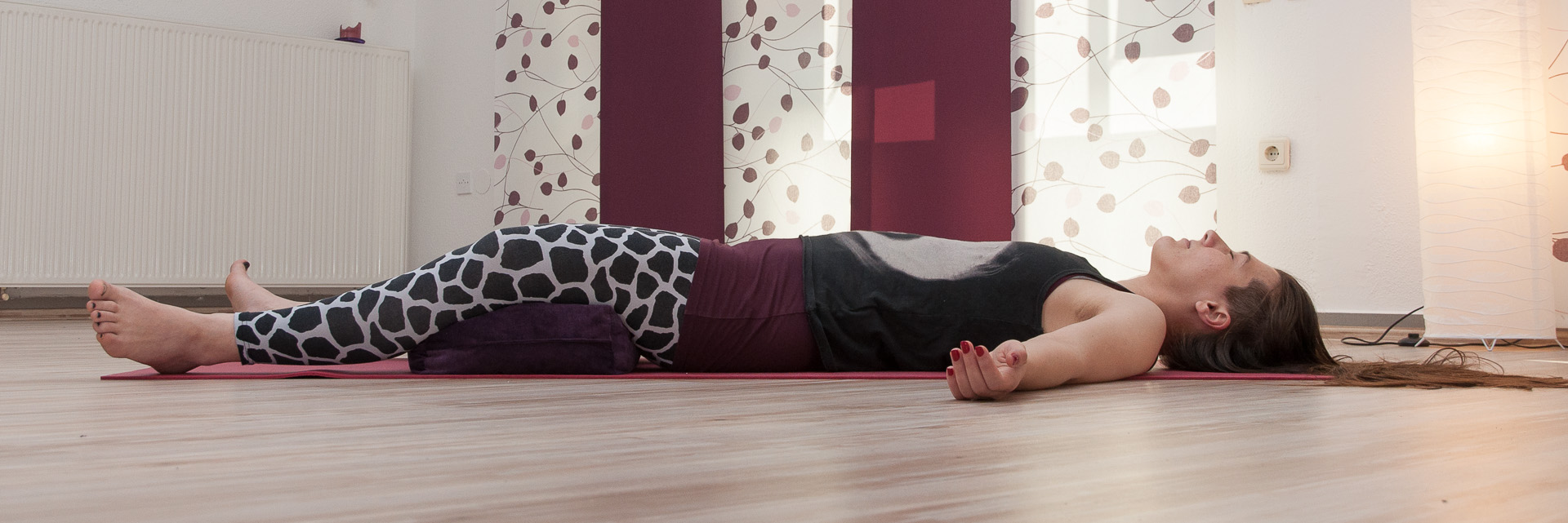PLAN
And on that note, make a plan! Just thinking you want to get more sleep and then barreling full speed ahead without making a plan is a great way to crash and burn. Take some time to think about a sleep goal. How much sleep you need depends on your level of daily activity, whether or not you’re pregnant, and even your gender. According the the National Sleep Foundation, women (on average) need 20 minutes more sleep than men do.
Once you know your sleep quantity goal, you can start thinking about what timing works best for your schedule, and then try to stick to your new sleep schedule, even if your work/life happens at a different time every day. Establishing a regular routine helps your body tune its natural circadian rhythm.
LIMIT YOUR SCREEN TIME
If possible, try to separate your screen time from your relaxation time. This means turning off Netflix, putting away Candy Crush and finishing reading these (fantastic) blog posts at least 2 hours before your planned snooze time. Even though it feels like you’re relaxing while you watch GOT, you’re brain is still working out, worrying about undead dragons and whether or not you’re going to enjoy your new [can we call it life?!] as a White Walker.
MASSAGE
One of the excellent benefits of massage is that it can improve the quality of your sleep. The reason for this is that massage helps to activate the parasympathetic nervous system. This is the part of your body’s regulatory system that can only function optimally once the fight or flight question has been answered. When you are constantly making stressful decisions, i.e. Life, your body stays in sympathetic mode, and all the other stuff gets sent to the back burner. Sleep is not something that is easy to do while you are in the midst of fighting or flying. Massage helps signal to your body that the danger has passed, and that it’s ok to start attending to the rest of your body’s needs, like breathing and digestion. Deep breathing and proper digestion help to make your sleep deeper and more productive.
SLEEP ON YOUR BACK
Remember that position that we had you in during the massage where you were flat on your back, with a bolster or pillow underneath your knees? We do this because it is the optimal position that takes pressure off of your spine and doesn’t put unnecessary pressure on your shoulder joints. If you just can’t fall asleep on your back (the struggle is real!) sleep on your side with a soft yet supportive pillow between your knees, and a pillow for your head that is high enough and supportive enough so you’re not collapsing onto your shoulder. And please, please, please don’t sleep on your stomach. Unless of course you have a perfectly aligned headrest hanging off the side of your bed. There just isn’t a good way to sleep on your stomach without stressing the joints and muscles of the neck. That is of course, if you also intend to breathe while sleeping. Which. We. Consider. Important.
DREAMING
Once you’ve got a good sleep practice going, you are that much more likely to spend at least 2 hours a night experiencing dreams. Although we may or may not remember our dreams, these unconscious adventures help us to improve learning and memory, and even help us to process our emotions. Emotional balance helps reduce stress, which makes sleep easier, which means more dreams, which helps us process emotions and reduce stress and...now I’ve put you to sleep :)
















